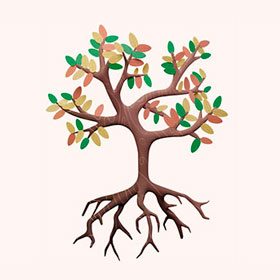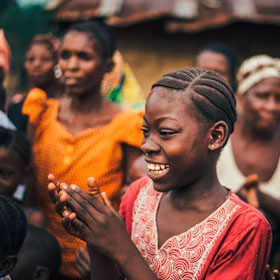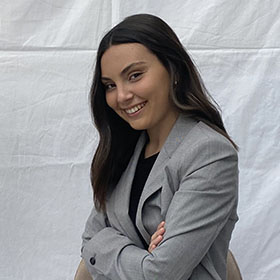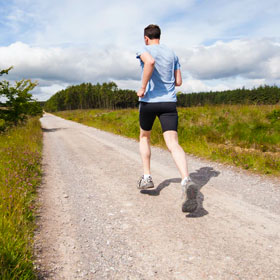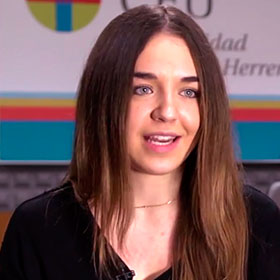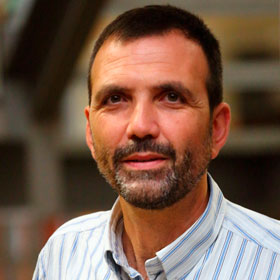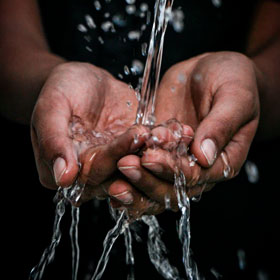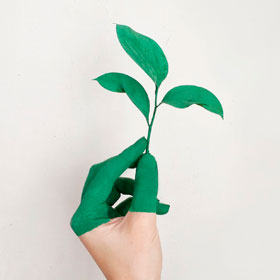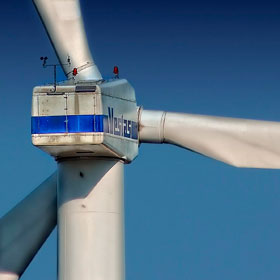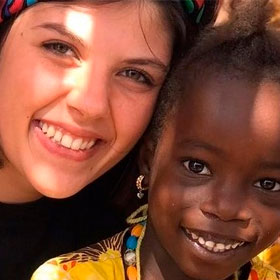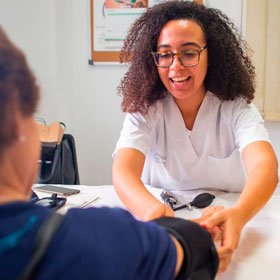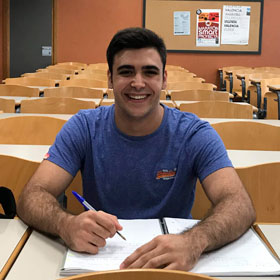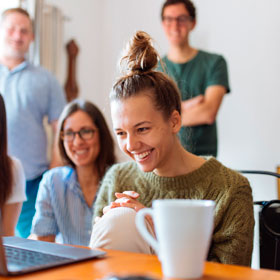Being sustainable means a real and sincere commitment to our own essence and also to the challenges the world faces today.
Commitment + Responsibility = Challenge
Are you up for the #BeingSustainable challenge?

Our focus is on the goals which require us to show commitment to other people. Other people means the people that we share our lives with and those who live around us, but also those who live far way, in circumstances very different from our own. People must be at the heart of development and responsible for it. We have the same origins, we belong to the same community – let us share the same vision of the future.
Our focus is on the comprehensive development goals which rely on a commitment to the vulnerable, including ending poverty and promoting healthy habits. To reach these goals, we must commit to sustainable economic development, to enhancing equality of opportunity and to minimizing inequality.
Only by caring about people will we be able to build affluent societies. That is why we strive every day to ensure that our students become citizens and professionals committed to generating an inclusive economy and promoting human rights.

The Copenhagen Declaration for Social Development already established in 1995 the defining characteristics that the societies of the 21st century should have: transparent, plausible, comprehensible and fair. The commitment at that time, signed by 186 countries, was to create, from the perspective of social integration, a more cohesive and dynamic environment in which equality between groups, productive employment and economic change should be promoted.
In 2022, social development is still progressing slowly and irregularly even in Western societies, and therefore it is still necessary to promote fair activism and effective research in all fields. Because an equal society is also a participatory society which provides expertise, ideas and tools to achieve the final objective of the United Nations - that no one in our world is left behind.

Overpopulation, forest policies, intensive agriculture or the rise of megacities are some of the trends that are putting the world economy to the test. But what should really concern us is the consequences: an exponential increase in CO2 emissions, increase in the global average temperature, species extinction or sea pollution are putting our survival to the test.
For this reason, a social reflection on the responsible use of natural resources is necessary. Because individual efforts and collective responsibility for sustainability also create value and not just for our planet. But also, for the people who inhabit it.

Nelson Mandela, the Nobel Prize-winning former President of South Africa, was forthright in his view on the value of education: “Education is the most powerful weapon which you can use to change the world.” Any effort to create a better world must therefore strive for equality in education throughout the world. Not for nothing is “Quality Education” the UN’s fourth Sustainable Development Goal.
Education is the key to improving everyone’s future, especially that of the vulnerable. Education transforms lives, reduces inequality and empowers people to deal with life’s challenges and to build and contribute to societies based on mutual respect and tolerance.
Our aim is to ensure our students graduate with the ability to think critically and to advocate for a society based on a true principle of humanism: the value of life. We want a sustainable society which offers opportunities to everyone. Pope Francis has talked about those at the opposite ends of life’s journey as the “strength” and “memory” of the family, adding that "a people that doesn’t take care of its elderly, its children and its youth has no future, because it abuses both memory and promise”.
Smiles that enlighten
Teaching students and professors travel to Senegal to teach alternative pedagogy.
|
|



